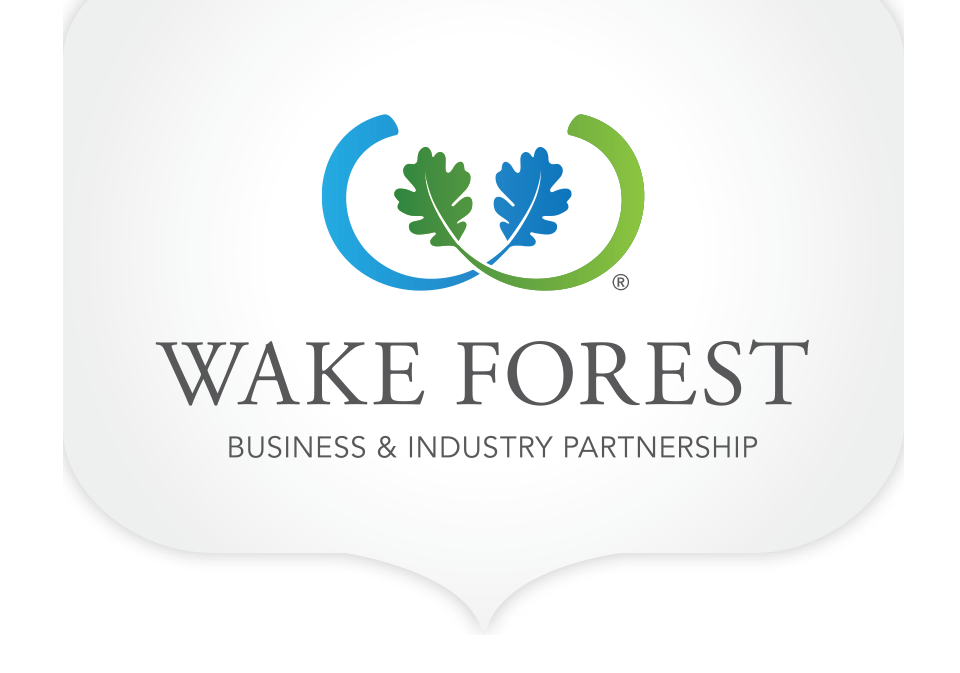Wake Forest’s steady growth continues to shape the community into one of North Carolina’s most desirable destinations. The 2025 Community Profile highlights the town’s remarkable evolution, reflecting a blend of dynamic economic development, vibrant community appeal, and strong entrepreneurial spirit.
With an estimated population of 61,987 in 2025, Wake Forest has seen a 336% increase since 2000—a testament to its magnetic draw for families and professionals. Projections estimate the population will reach 118,912 by 2040, further solidifying Wake Forest as a hub for growth and opportunity. The town’s youthful demographic remains a defining feature, with 88% of residents under the age of 65.
The economic landscape paints a picture of prosperity. The median household income now stands at $120,777—nearly 71% higher than the state’s median of $70,804 and significantly above the national median of $77,719. Within a three-mile radius, the median household income reaches $116,943, climbing to $122,468 within five miles. The number of households is 18,963 within three miles, 43,163 within five miles, and 84,036 across the broader trade area. Daytime population figures show 50,980 within three miles, 99,543 within five miles, and 166,054 in the overall trade area.
Entrepreneurship continues to flourish in Wake Forest, with over 150 startups launched through collaborative efforts with Wake Forest Founders, RIoT Labs, the Wireless Research Center, and Loading Dock Wake Forest. The town’s innovative ecosystem attracts both emerging ventures and established businesses, positioning Wake Forest as a destination for forward-thinking enterprises.
Educational attainment remains a cornerstone of the community’s identity, with 57.9% of residents holding a bachelor’s degree or higher—21.7% above the national average. Wake Forest is part of the award-winning Wake County Public School System, the 14th largest in the nation, offering access to 19 public schools, 9 charter schools, and 6 private institutions. Proximity to top-tier research institutions like NC State, Duke University, and UNC-Chapel Hill fuels a highly skilled workforce. Wake Tech Community College continues to equip employees with customized training, serving 1,279 private-sector workers in 2024. Southeastern Baptist Theological Seminary contributes significantly to the local economy, serving more than 5,000 students and generating over $41.4 million in direct annual economic impact.
Investment in transportation infrastructure is paving the way for even greater connectivity. The $1.1 billion federal grant to construct the S-Line passenger rail from Raleigh to Wake Forest by 2030 will provide expanded transit options, enhancing regional mobility. The GO Wake Forest on-demand micro-transit service and the Wake Forest-Raleigh Express bus route further bolster accessibility for residents and businesses. With more than 400 daily flights from nearby RDU International Airport to 57 non-stop domestic destinations and 14 international cities, Wake Forest is well-connected to the global economy.
The workforce within a 10-mile radius of Wake Forest totals 234,381, expanding to 680,481 within Wake County, 761,900 within the Raleigh MSA, and 1,194,935 within the Raleigh-Durham-Chapel Hill CSA. The top four industry sectors by employment include educational services, healthcare, and social assistance at 27.6%, professional, scientific, management, and administrative services at 17.9%, retail trade at 12.6%, and manufacturing at 10.1%.
“As Wake Forest charts its course into the future, it is incredibly positioned for continued growth and prosperity,” says Jason Cannon, President of the Wake Forest Business and Industry Partnership (WFBIP). “With new growth arriving daily and ongoing initiatives fostering economic, community, and entrepreneurial development, the town is solidifying its position as a vibrant and inclusive hub within the Research Triangle Region of North Carolina.”
By leveraging its diverse talent pool, robust infrastructure, and collaborative community spirit, Wake Forest is well-equipped to navigate the opportunities and challenges that lie ahead, setting the stage for a bright and promising future.







